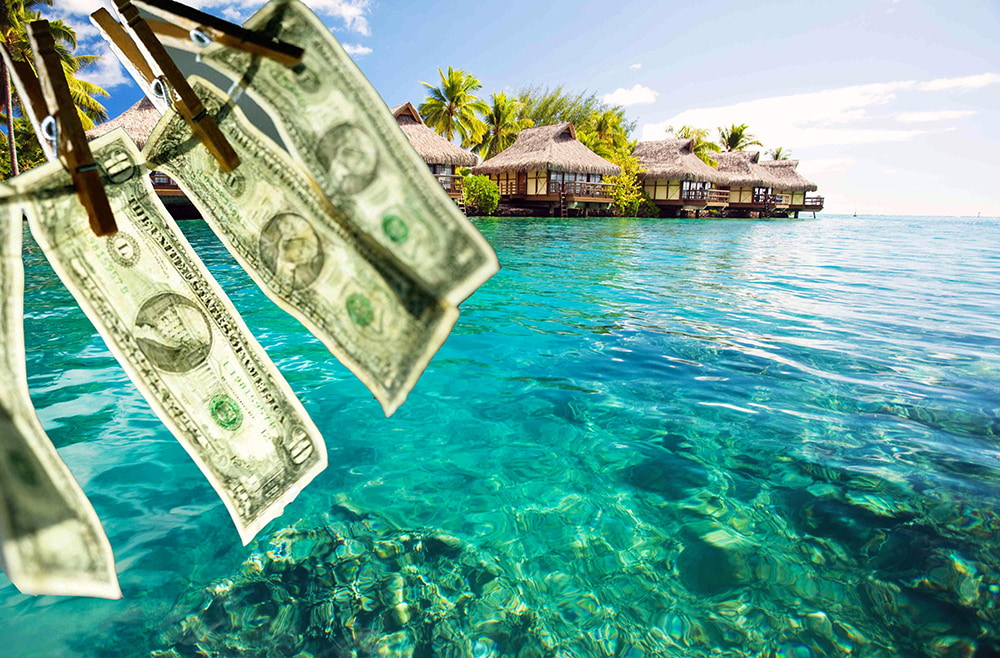Panama’s continued presence on the European Union’s list of non-cooperative tax jurisdictions made headlines again this October. While at first glance it might seem like a setback, the reality is far more nuanced. For Panama, this is both a wake-up call and an opportunity — one that could ultimately enhance its global reputation and strengthen its economic foundation.
Understanding the EU’s Position
The European Union periodically reviews which countries meet its evolving tax transparency and fair taxation standards. Despite progress in recent years, the EU decided to keep Panama on its list, which currently includes eleven jurisdictions, from Anguilla to Russia.
The EU’s criteria revolve around three main pillars:
-
Transparency in tax information sharing
-
Fair taxation and prevention of harmful tax regimes
-
Compliance with anti–base erosion and profit shifting (BEPS) rules
Panama’s government has acknowledged that exiting the list will take time. However, the administration of President José Raúl Mulino has emphasized that the country is already taking important steps — updating legislation, improving oversight, and drawing inspiration from countries like Costa Rica and Uruguay, which successfully maintained their territorial tax systems while tightening substance rules.
Why This May Actually Benefit Panama
Being under international scrutiny can create short-term pressure, but it also brings long-term advantages. By continuing to modernize its financial framework, Panama is laying the groundwork for greater global confidence and credibility.
1. Strengthening trust and reputation
As reforms progress, international partners will see Panama as a stable, responsible hub for business and finance — a major advantage for companies and investors seeking transparency and predictability.
2. Preserving flexibility while modernizing
Unlike Europe’s dense web of regulatory hurdles, Panama’s smaller and more dynamic economy can implement smart, efficient reforms without paralyzing business. This balance allows the country to be both cooperative and competitive.
3. Attracting new partnerships
Once removed from the EU list, Panama will likely experience renewed foreign interest — not just from traditional investors, but also from innovators, digital entrepreneurs, and global firms looking for a well-regulated yet agile base of operations.
Europe’s Model: Impressive, But Not Always Ideal
It’s fair to recognize Europe’s achievements in creating some of the world’s strictest and most comprehensive regulatory frameworks. However, it’s also fair to ask — are these the rules we truly want to copy?
Across the continent, new entrepreneurs face layer upon layer of bureaucracy before they can even start a business. In some countries, small companies drown under the weight of compliance before ever turning a profit. Meanwhile, issues like migration challenges, energy crises, and declining competitiveness continue to test European unity.
Even free speech — once Europe’s proudest banner — has become increasingly restricted. In countries like Germany and the United Kingdom, citizens have been fined or even jailed for posting offensive comments on social media. In Panama, that idea would be met with disbelief. Here, free expression remains an unshakable part of national identity — perhaps because, as some joke, we still don’t have the tech to track it — but more importantly, because Panamanians value freedom of speech as a fundamental right.
A Future Built on Balance
Panama’s government is right to continue collaborating with the EU and other international institutions. But it must do so while preserving the country’s own advantages — flexibility, pragmatism, and independence.
If the next wave of reforms succeeds, Panama could soon step off the EU’s list and emerge stronger: a modern, transparent nation that welcomes investment while maintaining its freedom to decide its own path.
That’s not just good diplomacy — it’s smart nation-building.
Written on: October 12, 2025




